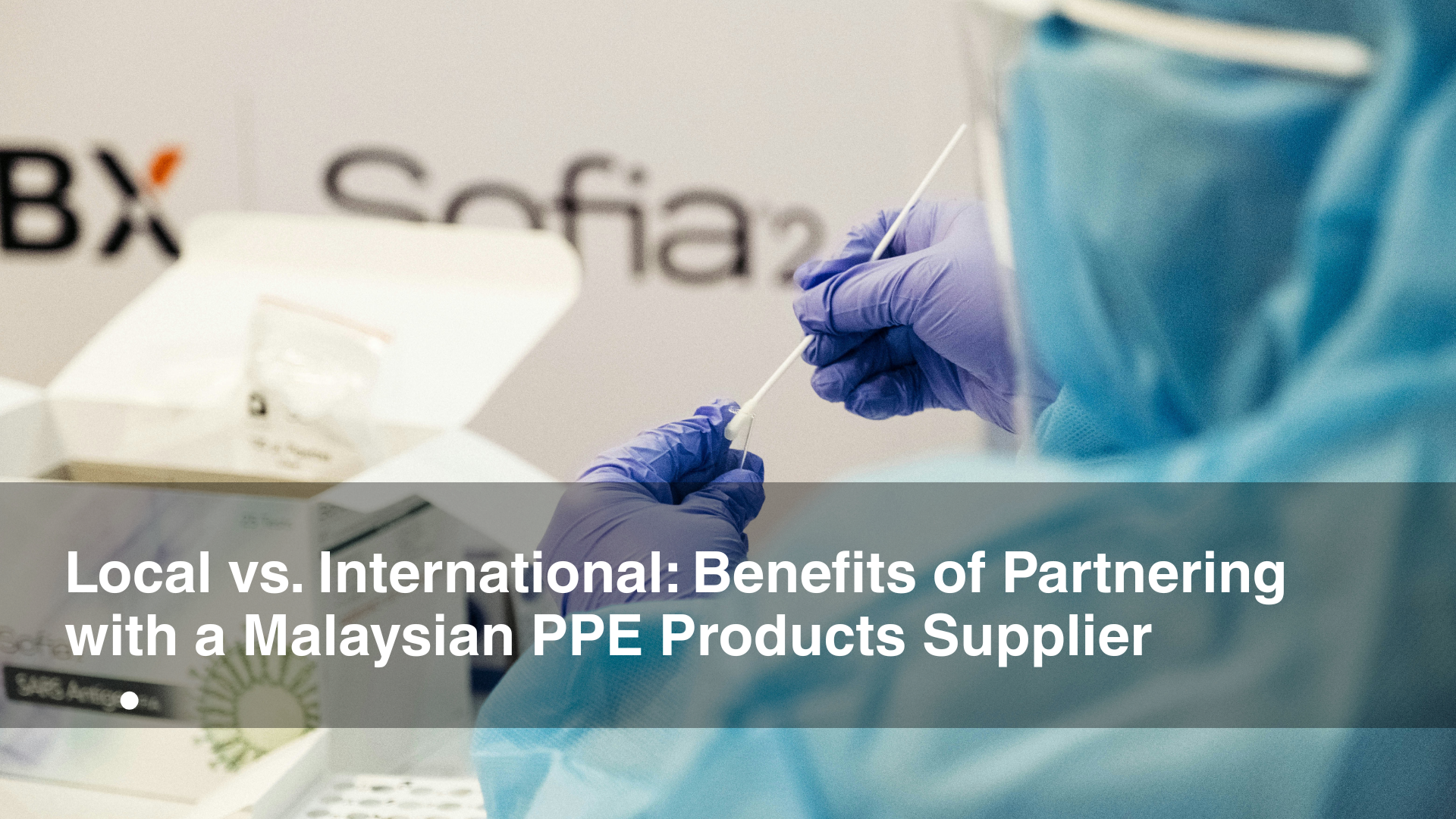Understanding PPE and Its Importance
Personal Protective Equipment (PPE) refers to the specialized gear designed to protect the health and safety of individuals in various work environments. It serves as a critical line of defense against workplace hazards which can include physical, chemical, biological, and ergonomic threats. The importance of PPE cannot be overstated, as it plays a vital role in minimizing injuries, illnesses, and fatalities in industries such as construction, healthcare, manufacturing, and oil and gas.
Common types of PPE include gloves, helmets, eye protection, respiratory gear, and high-visibility clothing. Each item is designed to mitigate specific risks; for instance, helmets protect against head injuries from falling objects, while gloves guard against chemical exposures. The selection of appropriate PPE is often determined by conducting a thorough risk assessment that identifies potential hazards specific to the working environment.
In Malaysia, there are stringent regulations and standards governing the use of PPE across various sectors. The Department of Occupational Safety and Health (DOSH) sets forth guidelines that outline the obligations of employers to ensure that suitable PPE is available, properly maintained, and utilized by employees. Compliance with these regulations is essential for safeguarding worker welfare and maintaining a safe working environment.
Moreover, partnering with a reliable PPE products supplier Malaysia ensures access to high-quality protective equipment that meets local standards. Such collaboration not only enhances the safety of employees but also demonstrates a commitment to workplace health and safety. Selecting a reputable supplier means that organizations can rest assured they are providing their employees with effective and compliant protective gear.
Understanding the types of PPE available, the associated regulations, and the role of a trusted PPE products supplier in Malaysia is crucial for fostering a culture of safety in the workplace. By prioritizing proper protection, companies can significantly reduce workplace hazards and protect their most valuable asset—their workforce.
Advantages of Partnering with Local Malaysian PPE Suppliers
Partnering with local Malaysian PPE products suppliers offers numerous advantages that can significantly impact businesses’ operational efficiency and overall success. One of the primary benefits is the reduction in lead times for product delivery. Local suppliers can often fulfill orders more quickly, eliminating the lengthy shipping durations associated with international suppliers. This swift delivery is crucial for industries that require immediate access to personal protective equipment to ensure workplace safety.
Better communication is another critical advantage when working with Malaysian PPE providers. Local suppliers typically have a better understanding of the local market nuances and regulations, allowing for clearer dialogue and more responsive customer service. This enhanced communication fosters stronger relationships between suppliers and clients, resulting in a more tailored service experience that meets specific business needs.
Cost savings is yet another compelling reason to consider local PPE products suppliers in Malaysia. By sourcing equipment locally, companies can significantly reduce shipping costs and avoid tariff complications that can arise with international purchases. These savings can be redirected into other crucial areas of the business, enhancing overall operational performance.
Additionally, local suppliers can provide personalized services and support that foreign suppliers may not be able to match. Businesses can benefit from local suppliers’ flexibility to adapt quickly to changing market demands, ensuring that they are always equipped with the right PPE products, suited to the local context, and meeting the specific safety standards required in Malaysia.
Understanding local regulations and standards is vital for compliance and safety. Malaysian PPE suppliers possess the requisite knowledge and expertise in local laws, ensuring that the products offered not only meet industry requirements but also contribute to a safer workplace. By establishing partnerships with these local providers, companies can effectively navigate the complexities of regulatory compliance, which can further bolster workplace safety initiatives.
The Case for International PPE Product Suppliers
In the contemporary landscape of procurement, engaging with international PPE products suppliers can present an array of advantages that are critical for businesses aiming to enhance workplace safety and compliance. One of the primary benefits of sourcing Personal Protective Equipment (PPE) from global vendors is the extensive variety of product options available. International suppliers often boast a broader spectrum of designs, types, and specifications, which enables organizations to find specific PPE products that align closely with their unique operational needs.
Moreover, accessing international markets provides opportunities to utilize advanced technologies and innovative materials that may not be accessible locally. Suppliers from developed regions often leverage cutting-edge research and development, leading to PPE that not only meets safety standards but also offers ergonomic designs and improved functionality. This can be especially beneficial in industries requiring specialized gear, such as medical or construction sectors, where the nature of the work demands high-performance protective solutions.
Additionally, international suppliers benefit from economies of scale due to larger production volumes. This can translate into competitive pricing, making it financially advantageous for organizations to obtain high-quality products without overspending. Partnering with a reputable global PPE products supplier can alleviate pressures on budgets while ensuring that quality is not compromised.
Furthermore, international suppliers often have robust supply chain networks that can facilitate timely delivery, even amid disruptions. Utilize their established global logistics frameworks can enhance a company’s ability to maintain uninterrupted operations. Notably, many international suppliers implement rigorous quality assurance processes to maintain consistency in their product offerings. Such practices can significantly elevate the reliability of safety equipment in the workplace, ensuring that employees are adequately protected against potential hazards.
Key Considerations in Choosing Between Local and International Suppliers
When assessing whether to partner with a local or international PPE products supplier in Malaysia, several key factors should be taken into account to optimize procurement strategies. One of the primary considerations is supply chain reliability. Local suppliers often provide shorter lead times and a more resilient supply chain due to proximity, enabling quick responses to changes in demand. In contrast, international suppliers may introduce risks such as longer shipping times, customs delays, and potential disruptions related to political or economic shifts in their home countries.
Cost-effectiveness is another crucial element in this decision-making process. While international PPE products suppliers may offer competitive pricing due to economies of scale, local suppliers can reduce costs related to transportation and tariffs. Thus, enterprises should analyze the total cost of ownership rather than simply comparing base prices. This comprehensive approach provides a clearer picture of which option supports the company’s budget and strategic goals effectively.
Product quality assurance is paramount in the PPE industry. Local suppliers are often familiar with regional standards and customer expectations, ensuring compliance with existing regulations in Malaysia. In contrast, international suppliers may have different quality control processes that could lead to inconsistencies in product performance. Regulatory compliance is equally significant; local suppliers are usually well-versed in national laws and can rapidly adapt to changes, mitigating the risks of penalties or product recalls.
Lastly, the choice between local and international suppliers can significantly impact a company’s reputation. Partnering with domestic businesses fosters community support and enhances a company’s image within the local market. Moreover, conducting thorough due diligence, including supplier reviews and risk assessments, will empower companies to make informed decisions, aligning their sourcing strategies with operational needs and overall business objectives.








